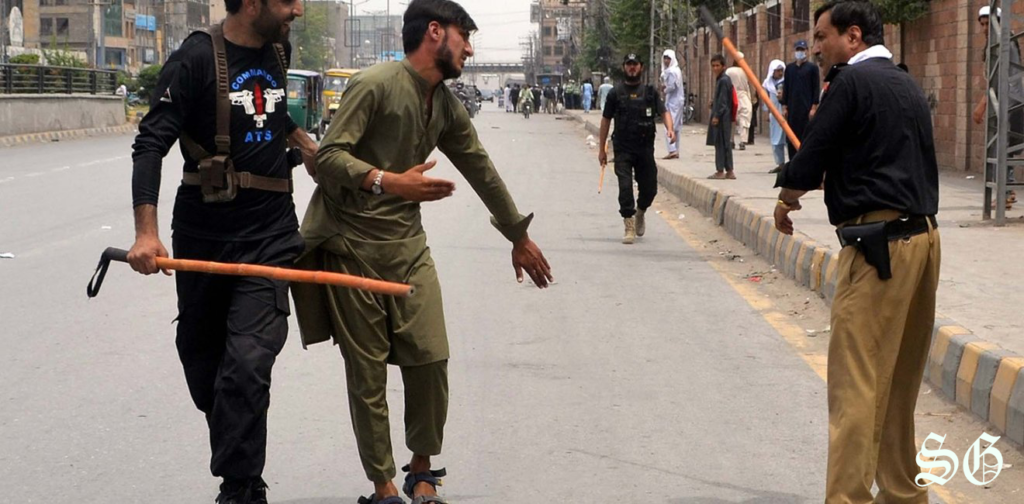Table of Contents
Civilian Sentences by Military Courts Deepen Pakistan’s Political Crisis

Sentencing of Civilians in Military Court
The sentencing of 25 civilians by a Pakistani military court to rigorous imprisonment of two to ten years marks a pivotal development in Pakistan’s political and legal landscape. The rulings are tied to the violent protests that erupted in May 2023 following the arrest of former Prime Minister Imran Khan.
Role of Military Courts in Civilian Cases
The military’s involvement in prosecuting civilians highlights an expanding role in civilian judicial matters. This practice has raised concerns over the potential undermining of due process and judicial independence, especially in cases with significant political undertones.
Political Backdrop and Imran Khan
Imran Khan, a former prime minister and prominent political figure, faces numerous charges, including allegations of inciting attacks on military institutions. The May 2023 unrest, during which military facilities were targeted, underscores the polarization between Khan’s supporters and the state apparatus.
Supreme Court Oversight
Pakistan’s Supreme Court provisionally allowed military courts to try civilians in certain cases but made their verdicts subject to appeals over jurisdiction. This ongoing judicial review introduces a level of uncertainty regarding the military’s authority in such cases.
The Military’s Position
The military framed the sentences as a step toward justice, warning against the dangers of political propaganda and unlawful actions. It emphasized that true accountability would only be achieved when those orchestrating the attacks face consequences under constitutional law.
Implications for Pakistan
The use of military courts to address civilian unrest carries significant implications for Pakistan’s legal system, civil liberties, and governance. This approach may reshape the balance between military influence and civilian judicial processes, with potential long-term effects on the country’s democratic framework.